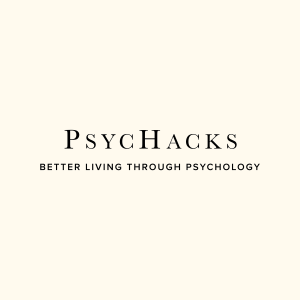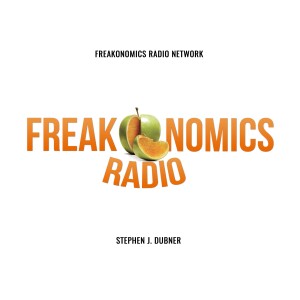

The Developer podcast
https://feeds.acast.com/public/shows/64b7d7058265b30011810519Episode List

Design by AI: Why we need to hack the algorithm
Wait five minutes and someone will tell you the latest thing they’ve outsourced to AI; How it’s taking minutes of meetings or summarising reports they haven’t read. If you point out that the work of AI isn't exceptional, they say 'Just wait, it will get smarter'. But will it? According to Professor Jutta Treviranus, director and founder of the Inclusive Design Research Centre in Toronto, the answer is, well, concerning: Unless we do something fundamental about how it works, the output of AI will continue to be just average. “When we’re using statistical replicators, they are making decisions based on statistics, so they look for the statistical average and use predictive analytics to decide the best thing to do.” Of all the possible dystopian predictions, the fact that AI tends towards the typical, standard and normative doesn’t sound so bad – except that when applied to systems including the built environment, it’s dangerous. “What people don’t seem to recognise is that for people who are outliers, the systems will always decide against them.” And who is an outlier? All of us at some point. Hosted on Acast. See acast.com/privacy for more information.

Trauma and place: Avoiding triggers in design and engagement
If we want to create inclusive, supportive and safe places, we can't ignore trauma. At least half of all people will experience a trauma at some point in their lives and may be triggered by sights, sounds, questions or spaces that remind them of a past traumatic event. Olaide Oboh, a director at the developer Socius and managing director of Populate, speaks about how she learned about trauma-informed practice and why as a developer they are adopting trauma-informed practice at scale on the London Cancer Hub, a £1bn development to create a leading centre for research and treatment in Sutton. Hosted on Acast. See acast.com/privacy for more information.

Purple pounds: Designing for the deaf and disabled
The spending power of disabled people, known as the purple pound, is worth £300bn: "Hello, does that not tell you something?" says Amanprit Arnold, a deaf city urban strategist passionate about creating an accessible city for everyone. "It's not charity. There's a commercial return to inclusive design." Born deaf, Amanprit Arnold is a visionary built environment changemaker renowned for her expertise and commitment to inclusivity. In this interview, Arnold speaks about belonging, the growing role for technology and AI in enabling greater participation, the increasing awareness of neurodiversity and her work to create a Deaf City Hub for the deaf community – a cultural hub for the deaf in the city. A video of this interview with Arnold signing in BSL and captions is also available on YouTube at https://youtu.be/4ueuJ9Vr0o0 with a transcript on www.thedeveloper.live Hosted on Acast. See acast.com/privacy for more information.

Fighting for a Feminist City in Glasgow
How do we change policy to create gender equal cities? This story starts with a book: Feminist City by Leslie Kern. Read during lockdown, Holly Bruce, Scottish Greens councillor for Langside in Glasgow said it opened her eyes to the ways in which design can limit a women's participation in city life. The book was “the catalyst” for a political movement that would see Bruce move from reflection to action in short order, first joining a women’s collective and eventually leading a political movement. In 2022, Bruce led a successful motion for feminist town planning to be written into policy, which saw Glasgow become the first “Feminist City” in the UK. Bruce describes her “relentless” effort to get feminist urban planning into policy with Christine Murray. Hosted on Acast. See acast.com/privacy for more information.

The civic role of a new town hall
How do you develop a new town hall and civic hub in a community with a longstanding mistrust of its local authority? “You’ve got to listen,” says James Stockdale, Development Director at Muse. Your New Town Hall in Brixton, the project to restore the Grade II-listed Lambeth town hall was never going to be easy. According to a 2013 resident’s survey, the council was not held in high regard. The report said residents felt “policymakers have stopped listening to them, and their culture and identity is gradually being lost.” Not a great starting point for a major development project. “Regeneration is always going to be contentious. Buildings will get knocked down,” says Stockdale. “You’ve got to listen. And by doing that hopefully more people will be happier than not.” Hosted on Acast. See acast.com/privacy for more information.
Create Your Podcast In Minutes
- Full-featured podcast site
- Unlimited storage and bandwidth
- Comprehensive podcast stats
- Distribute to Apple Podcasts, Spotify, and more
- Make money with your podcast












